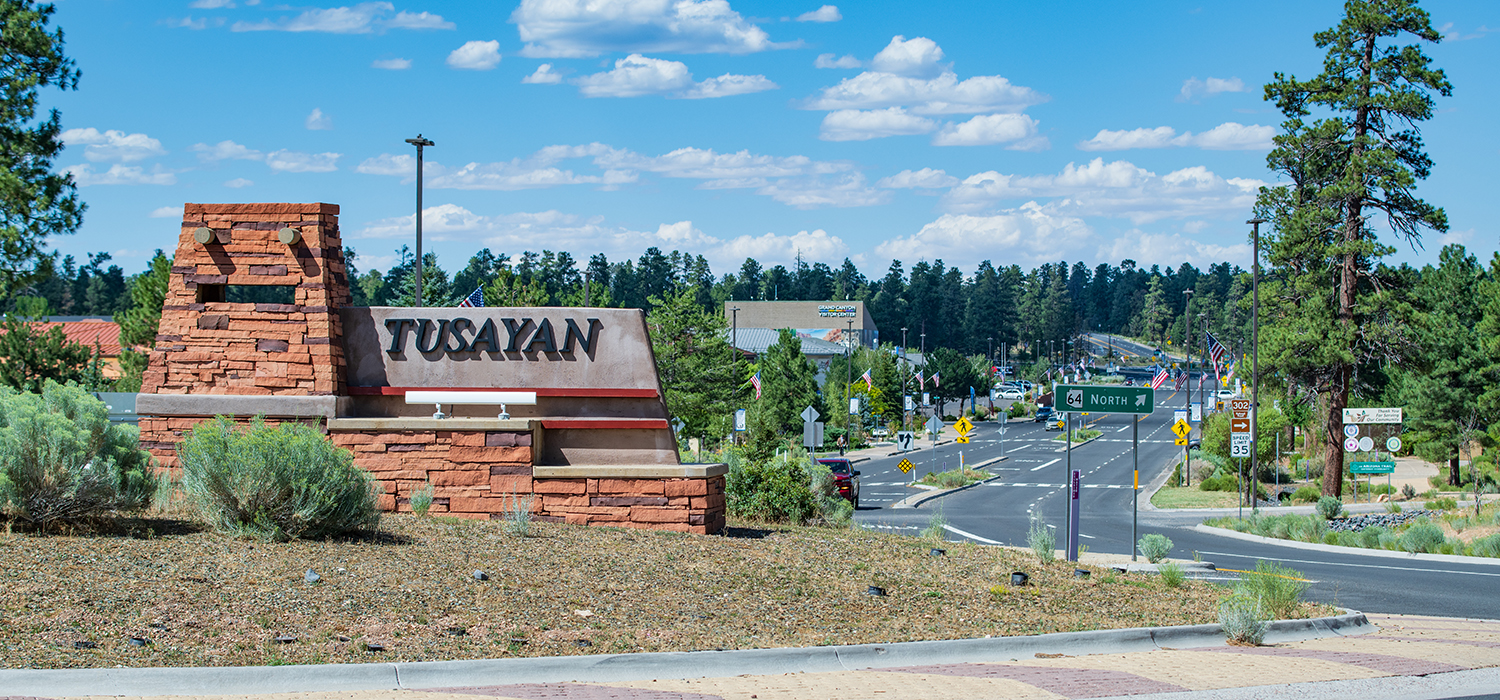
BY DEON BEN
On March 9, 2020, I traveled to Tulsa, Oklahoma to participate in an intertribal gathering on the “rights of nature” — a legal effort that recognizes that ecosystems and natural communities are not merely property, but lifeforms with independent rights to exist and flourish. I left the Colorado Plateau with a sense of normalcy, but my return trip two days later was a return to the unknown.
When I got back from Oklahoma, I found my beloved home initiating precautionary steps to address the possible spread of a worldwide pandemic. Public events were canceled, office doors were closed, and a feeling of fear spread across the plateau. Rather than families planning their spring-break vacations and farmers preparing their fields, people were planning for their safety, well-being, and protection. Within days, the Southwest experienced its first waves of positive COVID-19 cases. By spring, cases spiked across the plateau, reaching far into rural tribal communities and small, isolated towns.
By mid-March, the Grand Canyon Trust office closed our doors and all staff began working from their homes and adjusting to new lifestyles. I returned to my family’s homestead in Tohatchi, New Mexico, on the Navajo Nation, to help prepare for a future pandemic outbreak. But nothing we planned would prepare us for the next six months of evolving orders, state shutdowns, and changing mask and sanitation protocols.
As early summer approached, COVID-19 cases steadily increased throughout tribal nations, reaching their highest peak on the Navajo Nation and in the Pueblo of Zuni. By mid-May, COVID-19 had spread to more than five tribal nations on the plateau, including the Hopi, Hualapai, and White Mountain Apache nations.
As COVID-19 spread across the region, the inherent resiliency of tribal nations grew stronger and tribes took immediate action to begin establishing community relief efforts and incident command centers. Volunteers and organizers worked long nights and weekends organizing supply drop-offs of basic necessities to families isolated from grocery stores and essential services. Tribal governments and community efforts worked toward protecting the most vulnerable, delivering goods and services to the most rural, and educating the general public in their own native languages through local radio and television PSAs.
Here at the Trust, from our home offices, we quickly organized and reached out to our tribal partners to ask how we could help. Immediately, we initiated several efforts to support tribes, all while respecting tribal leadership, direction, tribal resiliency, and tribal sovereignty. The Trust first sent out information to our volunteer community with a call to support tribes, whether that be through donating time or through monetary support to tribally led relief efforts. We also put a call to support tribes in our annual spring appeal letter, directing folks to support tribally led relief efforts and sharing our support for the Change Labs Kinship Lending micro-loan program, which disbursed loans to tribal entrepreneurs financially impacted by COVID-19. The Trust also directed relief funds to a Zuni-Pueblo-led relief effort, and to the Havasupai Tribe to support preventative measures to keep COVID-19 out of Supai Village. On our website we identified several tribally led relief efforts; this helped folks navigate the relief landscape and identify efforts providing direct services to tribal citizens across the Colorado Plateau.
The Trust continues to reach out regularly to our tribal partners and monitor and reassess our efforts regularly as COVID-19 continues to impact tribal communities. Please stay connected through our website for further support efforts that will directly serve tribal communities in the coming months.
Returning home to the Navajo Nation and witnessing firsthand the negative impacts of COVID-19 also let me observe the strong, positive working relationships the Grand Canyon Trust has with our tribal partners. We thank you all for your continued support. In the coming months we will continue strengthening our relationships with our intertribal partners across the Colorado Plateau, and we look forward to the work ahead in providing support in a healing and united direction.
 Deon Ben directs the Grand Canyon Trust's Native America Program.
Deon Ben directs the Grand Canyon Trust's Native America Program.

Also in this issue:
A scheme to build thousands of hotel rooms on the doorstep of Grand Canyon National Park is back. But where will the water come from? Read more ›